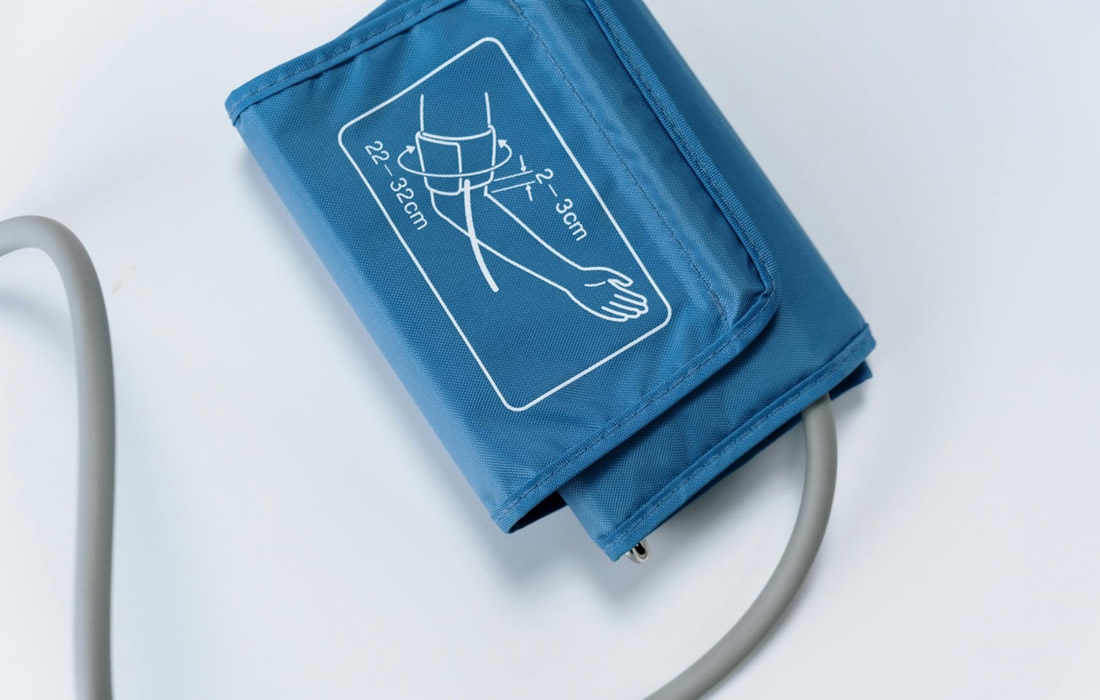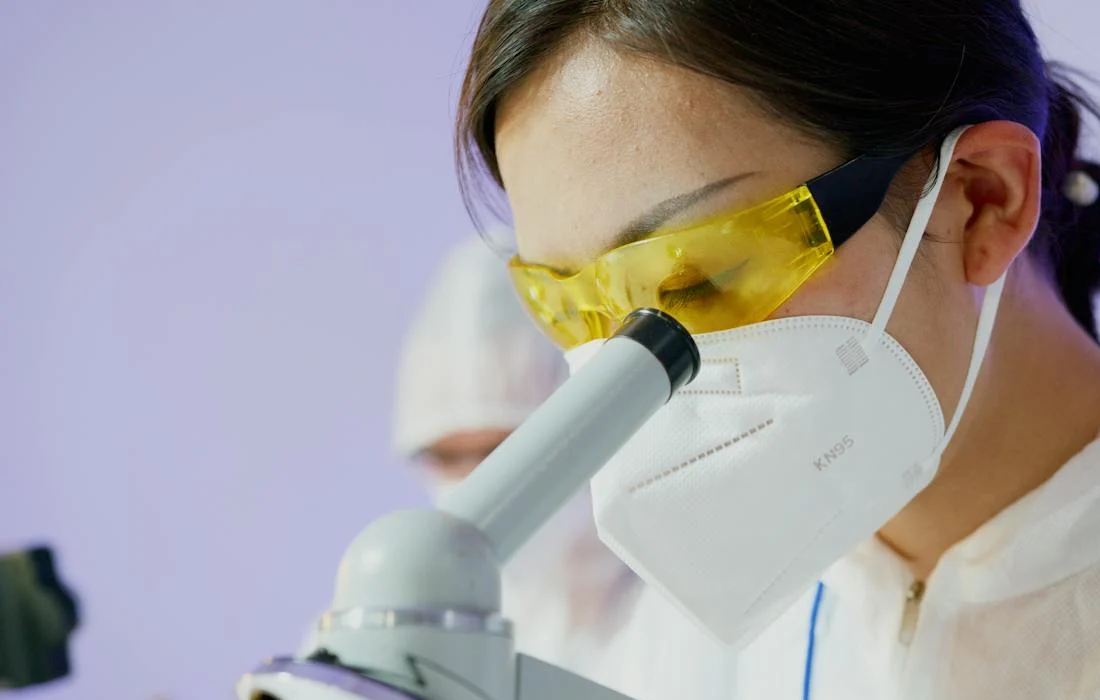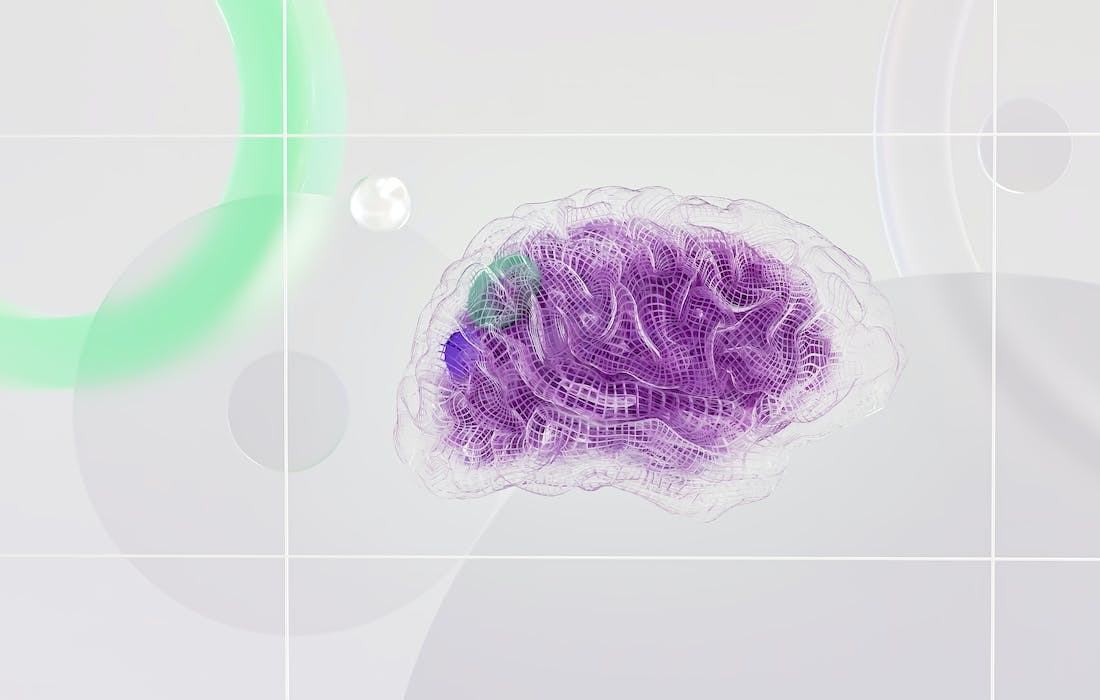The gut microbiome interacts with the loss of female sex hormones to exacerbate metabolic disease, including weight gain, fat in the liver and the expression of genes linked with inflammation, researchers found in a new rodent study. The findings, published in the journal Gut Microbes, may shed light on why women are at significantly greater […]
Category Archives: Regenerative Medicine News and General Information
In recent news, there has been a case where a patient experienced pain due to a surgical procedure involving sutures, resulting in the unintended presence of gauze within the patient’s body. Gauze is typically employed to control bleeding during medical interventions, aiding in hemostasis. However, when inadvertently left in the body, it can lead to […]
For middle-aged women plagued by migraines, or hot flashes and night sweats, another worry may linger in the backs of their minds: whether these experiences have set them up for a heart attack, a stroke or another cardiovascular crisis. Kim and her colleagues at Michigan Medicine, U-M’s academic medical center, published the new pair of […]
Arterial stiffness was a better predictor of future risk of Type 2 diabetes than blood pressure, and people with a combination of high blood pressure and stiffer arteries had the highest risk of developing diabetes, according to new research. Previous studies have found that hypertension, or high blood pressure, is a risk factor for Type […]
The drug finasteride, also known as Propecia or Proscar, treats male pattern baldness and enlarged prostate in millions of men worldwide. But a new University of Illinois Urbana-Champaign study suggests the drug may also provide a surprising and life-saving benefit: lowering cholesterol and cutting the overall risk of cardiovascular disease. The study, published in the […]
Injuries in the central nervous system heal poorly because cavities scar. Researchers hope to remedy this problem by filling the cavities in such a way that stem cells feel comfortable in them. The researchers studied neural stem cells from mouse embryonic brains, which they cultivated on positively charged hydrogels. “Our aim was to create an […]
ADHD is a common disorder often diagnosed in childhood and continuing into adulthood, according to the Centers for Disease Control and Prevention. Children with ADHD may have trouble paying attention, controlling impulsive behaviors or regulating activity. Early diagnosis and intervention are key to managing the condition. “ADHD is extremely difficult to diagnose and relies on […]
The researchers found that 670 nanometres (nm) of red light stimulated energy production within mitochondria, the tiny powerhouses within cells, leading to increased consumption of glucose. In particular, it led to a 27.7% reduction in blood glucose levels following glucose intake, and it reduced maximum glucose spiking by 7.5%. While the study was conducted in […]
Older people may be at greater risk of developing pancreatic cancer and have poorer prognoses because of age-related changes in cells in the pancreas called fibroblasts, according to research led by investigators from the Johns Hopkins Kimmel Cancer Center, the Johns Hopkins Bloomberg School of Public Health and the Bloomberg~Kimmel Institute for Cancer Immunotherapy. The […]
Researchers at the University of Colorado Anschutz Medical Campus have found that inhibiting a key protein can stop the destruction of synapses and dendritic spines commonly seen in Alzheimer’s disease. The study, whose first author is Tyler Martinez, a student in the Pharmacology and Molecular Medicine PhD program at the University of Colorado School of […]










